The estimable Mr Frankel was bang on when he said, there and then in the pit lane with brakes and engine still cooling, that we’ve never had a Britain’s Best Driver’s Car field quite like this year’s. Fully four out of nine cars within it were capable of breaching 200mph. Five of them – more than half – had 600 horsepower or more. Maybe the weather was just our punishment for being so damned greedy.
Moreover, only one car involved either at Combe or on Exmoor had to make do with just one solitary driven axle with a conventional open differential, with everything else getting either a limited-slip diff at least, or an active torque-vectoring diff – or, in one case, a handful of ’em. It was, inevitably, the most powerful car in the whole line-up: the McLaren 765LT. Of course it was. On the occasion of the most absurd, waterlogged, horsepower-crazed and top-heavy BBDC anyone could recall, nothing was too bizarre to be true.
And yet, even on the dankest late October day, there was still a job to do. And so, after we drove, we reacted. We debated, evangelised, criticised and compared. It was the time for “ooh, I like this” and “yes, I love that” as well as “wait, hold on, you mean you don’t like it?” and “are you sure you shouldn’t drive it again?”. Consensus is definitely quicker to build when the conditions are less changeable, and one tester’s experience of a car therefore bears a closer resemblance to that of the next.
Eventually, the driving time simply ran out. We voted in the format we’ve repeated year after year of late, giving each car two scores out of a maximum of 25 points: one score for driver appeal on road and the other for the same on track. Sounds simple, doesn’t it? I’m still waiting for it to turn out that way.
![]()
The car we couldn’t vote on was the one that didn’t quite last the course. Mechanical failures are rare at BBDC, but Ferrari withdrew the F8 Tributo that it had supplied before all of our judges had assessed it on track as a result of an unmistakably rough-running V8 engine. We thought it could have been a misfire caused by water ingress; it could have been a dodgy tank of fuel; or it could just be what Ferrari’s latest traction control system feels like when faced with Cup tyres and a surface that wet. It later transpired that a car likely to have been among the favourites had suffered an engine misfire caused by a cracked spark plug, consequently opening a route to the podium for the other contenders.

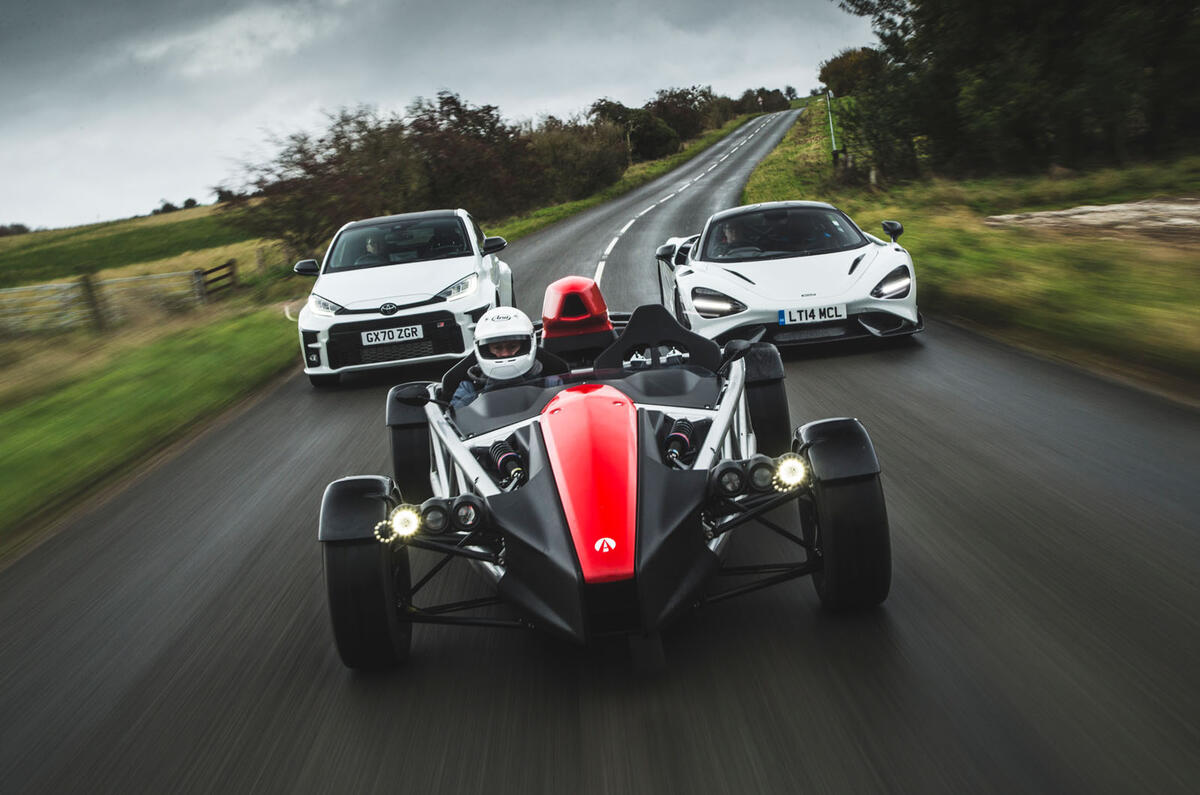
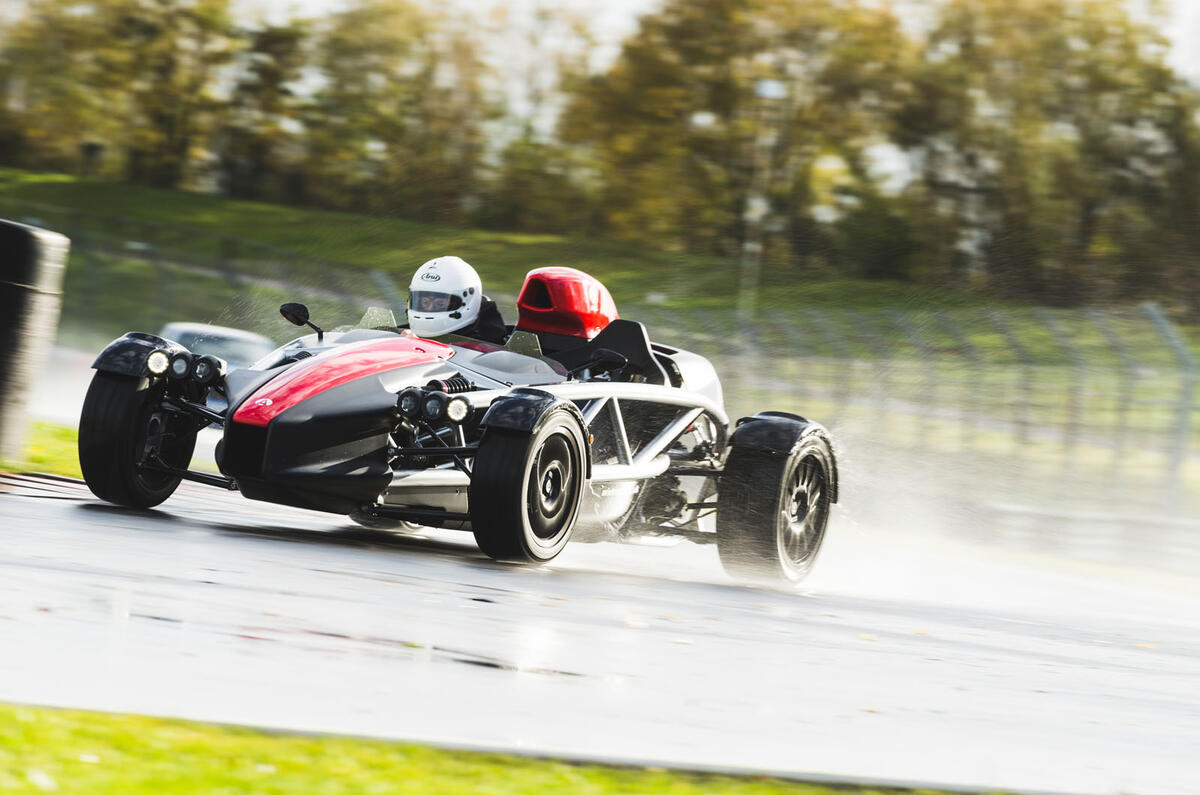




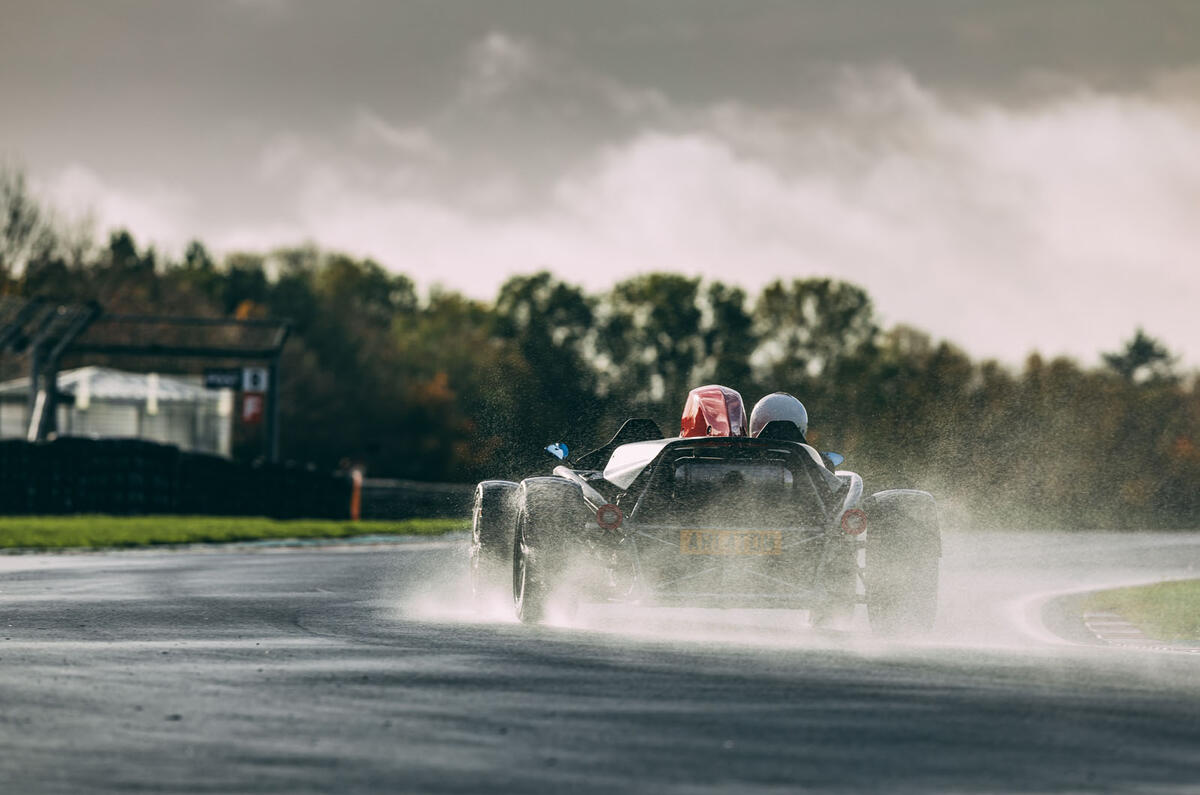

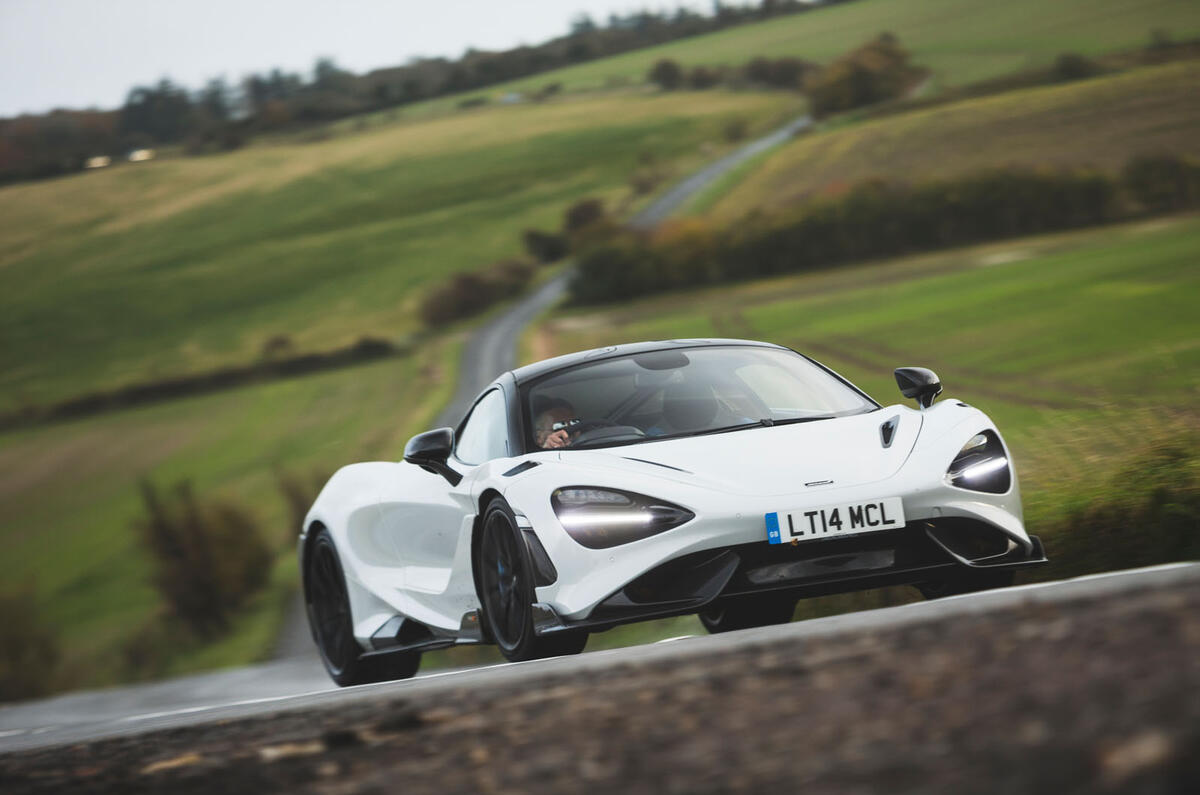



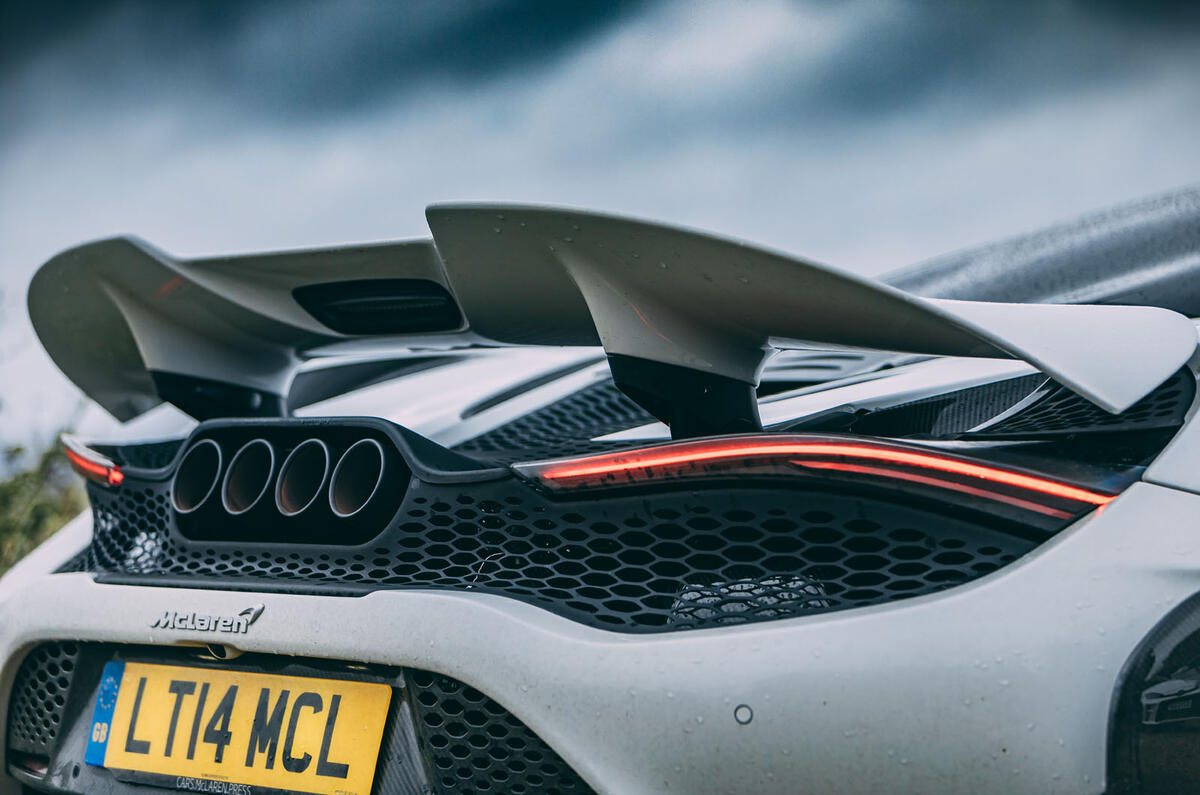

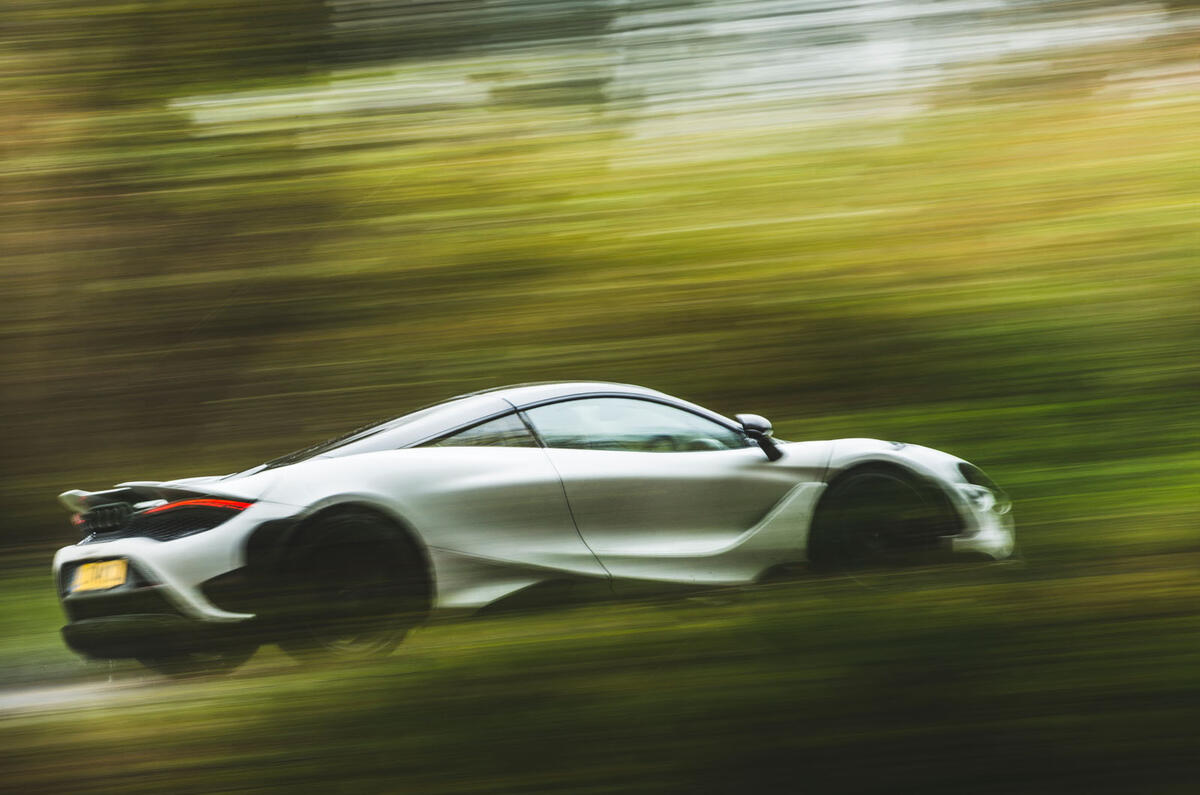

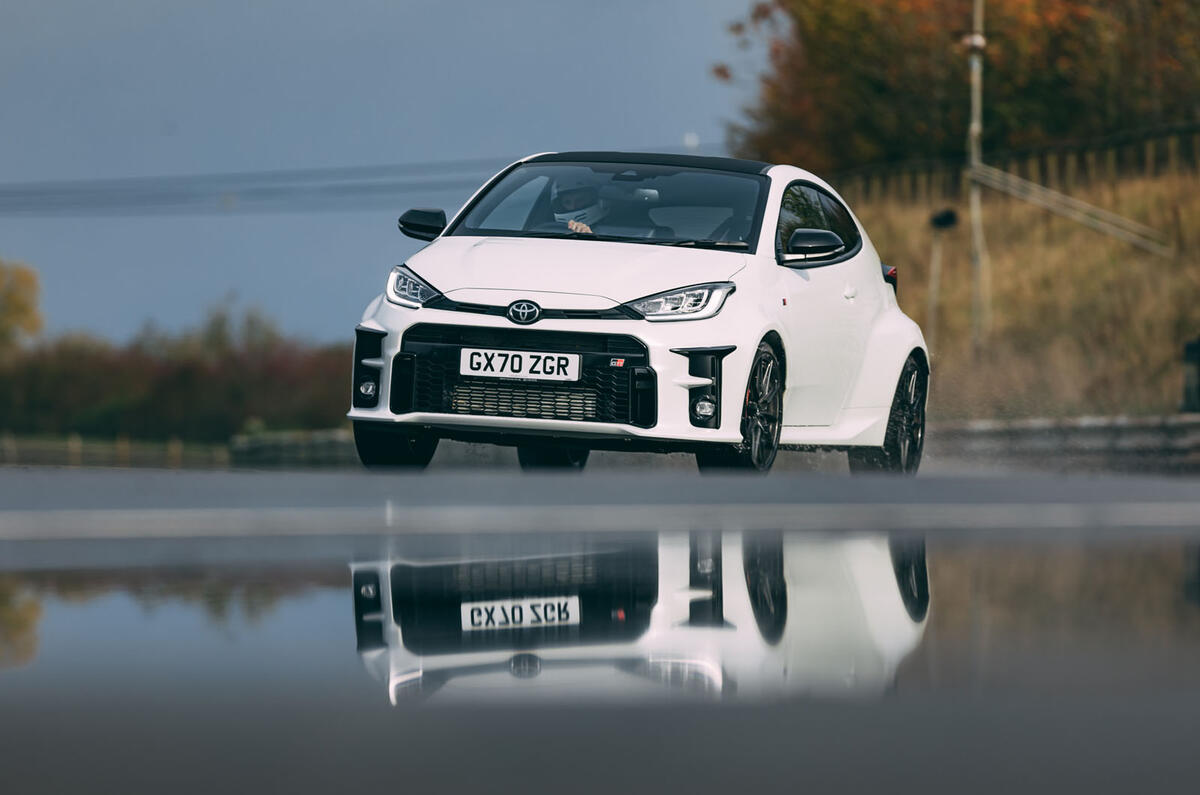


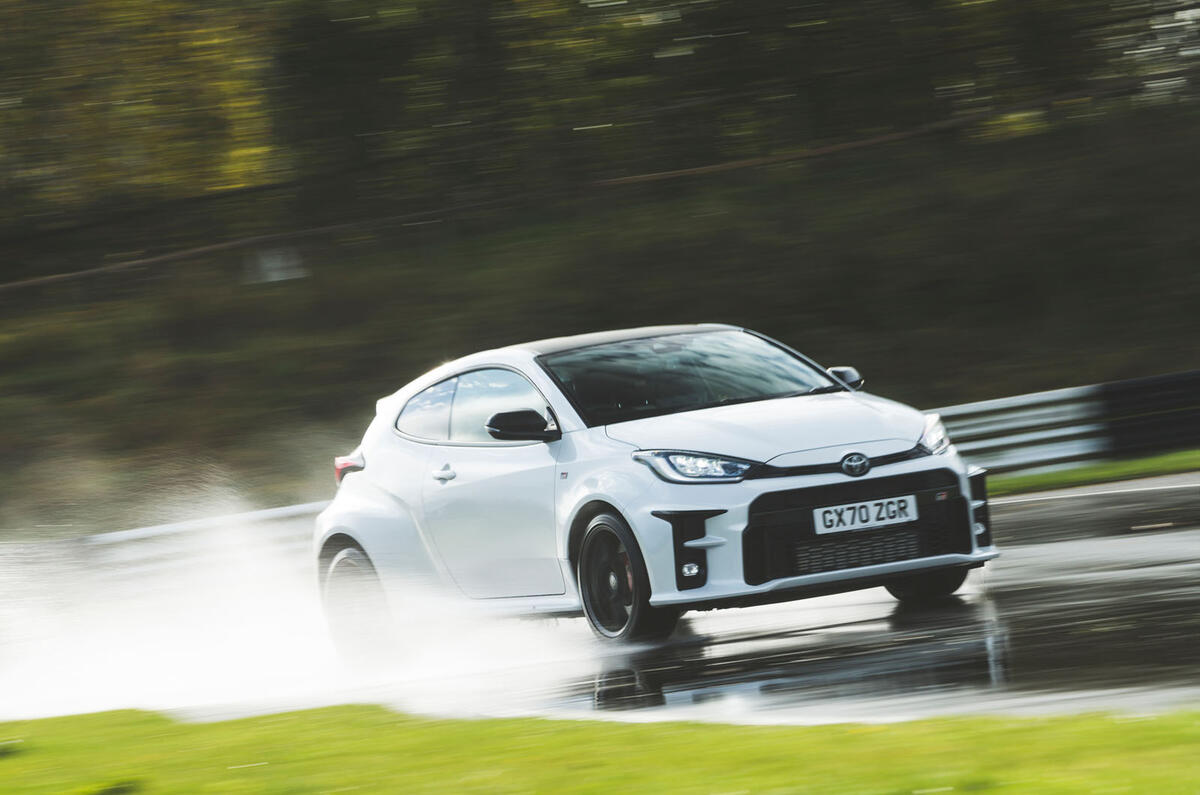

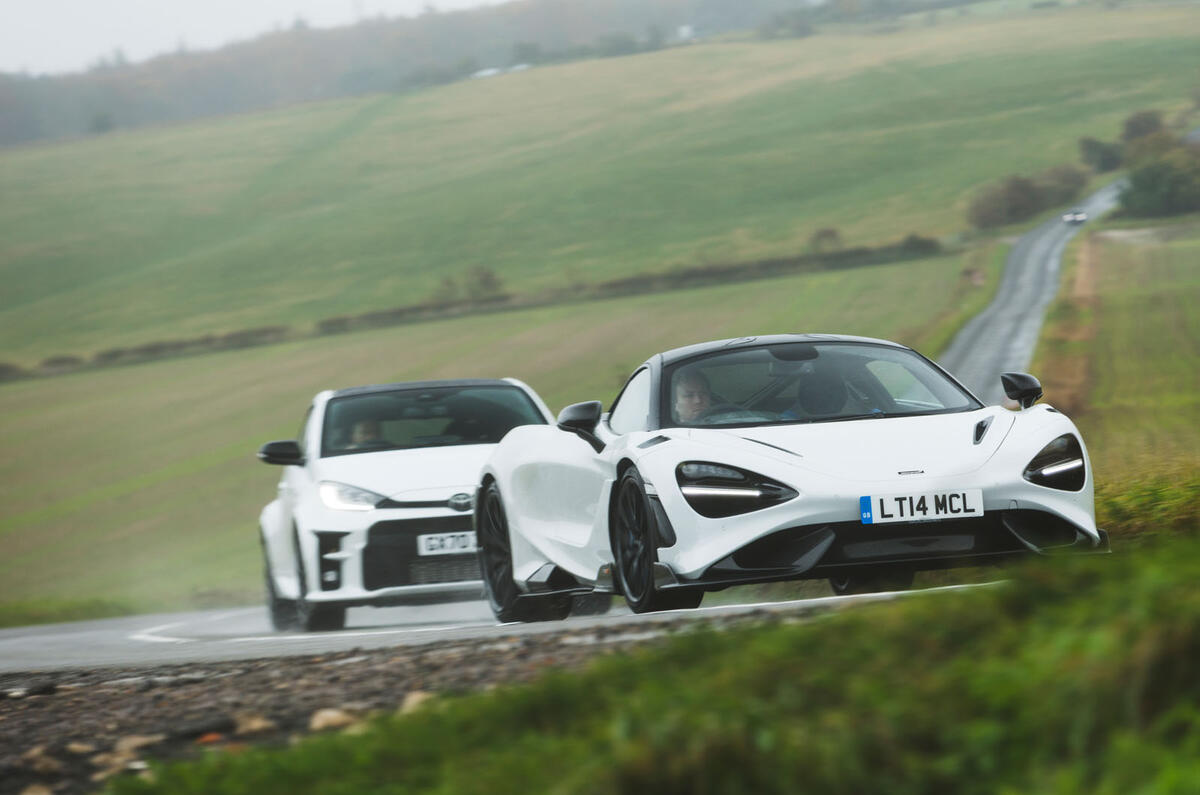

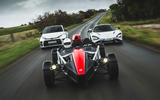























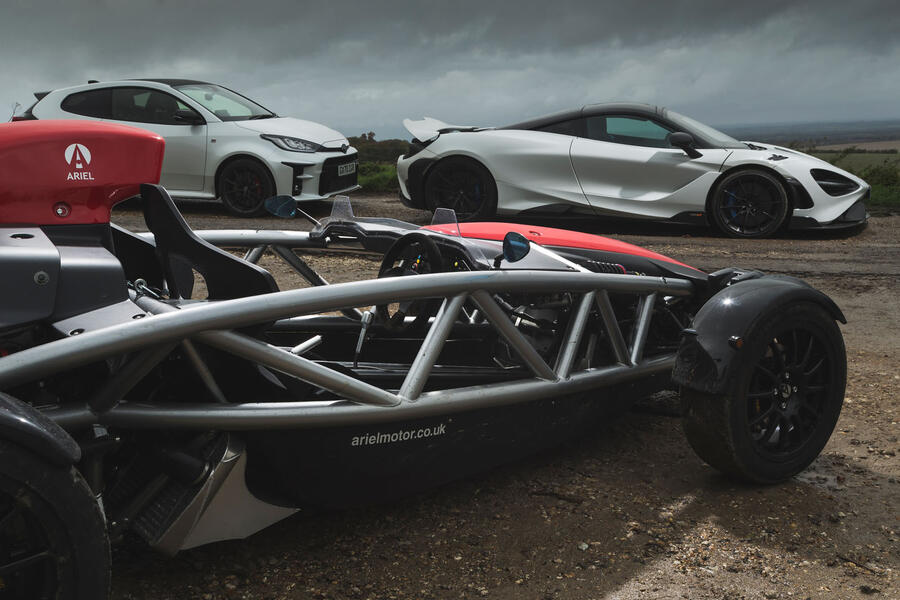
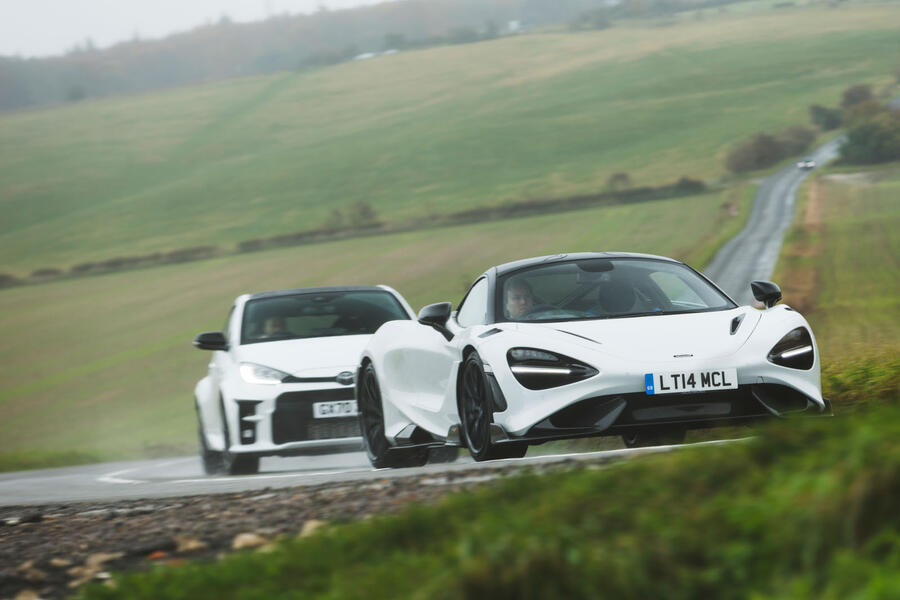






Add your comment